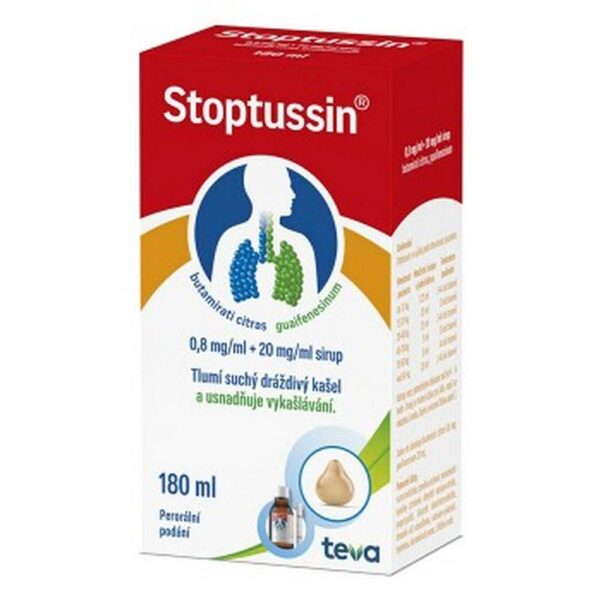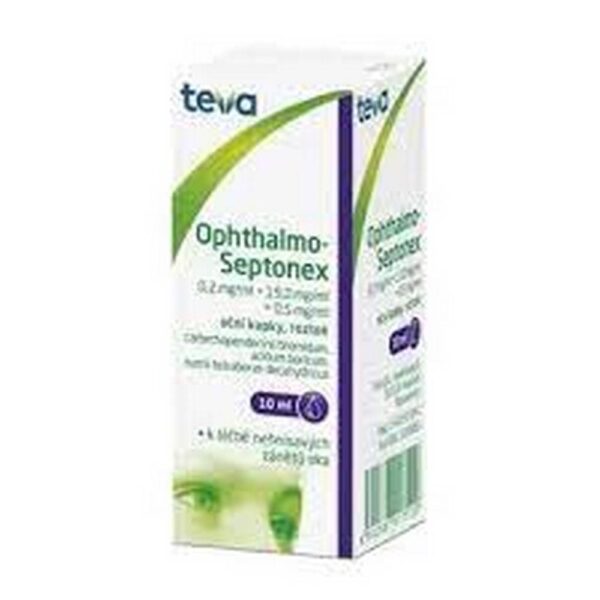Product description
Desmoxan is a drug indicated for adults who want to quit smoking. The active substance of Desmoxan is cytisine (Cytisinum), which helps to displace nicotine from the smoker’s body and to reduce the effects of quitting the addiction, the so-called withdrawal symptoms (according to the manufacturer’s research, Desmoxan successfully eliminated craving for nicotine in 87% of respondents). The drug does not contain nicotine, and one package of Desmoxan 1.5mg x 100 tablets is a full treatment for one person. The final effect depends entirely on the patient’s resolve and discipline. Effectiveness confirmed by research in the group of respondents. Dosage Desmoxan at the beginning of therapy (day 1-3) is a maximum of 6 tablets a day, in the following days the number of tablets taken decreases with the progress of the therapy. Before using Desmoxan, read the package leaflet of the preparation. Hypersensitivity to cytisine or any of the excipients is a contraindication to the use of Desmoxan. Desmoxan is also contraindicated in patients with unstable angina, with cardiac arrhythmias, and after a recent heart attack or stroke. Desmoxan cannot be used by pregnant women and during breastfeeding.
Side effects:
Some people may experience side effects while taking the drug. They usually occur at the beginning of treatment – tiredness, malaise, tiredness, lacrimation, change in appetite (mainly increased), weight gain, headache, dizziness, irritability, a feeling of heaviness in the head, sleep disturbances (insomnia, sleepiness, abnormal dreams, nightmares, drowsiness), mood changes, anxiety, difficulty concentrating, decreased libido, fast or slow heart rate, increase in blood pressure, shortness of breath, increased expectoration, dry mouth, excessive salivation, gastrointestinal disturbances (abdominal pain, nausea, vomiting) , constipation, diarrhea, flatulence, heartburn), burning of the tongue, changes in taste, muscle pain, rash, increased sweating, decreased skin elasticity, increased levels of transaminases. It is recommended to discontinue use of the drug and consult a physician in the event of any adverse reaction.
Desmoxan dosage:
Use as described on the leaflet or as directed by your doctor. Use orally, drink with water. Dosing schedule: from day 1 to day 3: take one tablet every 2 hours, maximum daily dose: 6 tablets; from the 4th to the 12th day: use one capsule every 2.5 hours, maximum daily dose: 5 tablets; from the 13th to the 16th day: use 1 tablet every 3 hours, maximum daily dose: 4 tablets; from the 17th to the 20th day: use 1 tablet every 5 hours, maximum daily dose: 3 tablets; from the 21st to the 25th day: use 1-2 tablets a day. From the first day of treatment, you should reduce the number of cigarettes smoked, and you should give up smoking no later than on the 5th day after starting treatment. If the person who undertook the treatment quits smoking, he / she cannot smoke even one cigarette, as the effectiveness of the treatment depends on it. If the effects of the treatment are unsatisfactory, the treatment should be discontinued. It can be renewed after 2-3 months.
Originаl
Opis produktu
Desmoxan to lek wskazany dla osób dorosłych pragnących rzucić palenie. Substancją czynną leku Desmoxan jest cytyzyna (Cytisinum), która pomaga w wyparciu nikotyny z organizmu palacza oraz w niwelowaniu skutków odchodzenia od nałogu tzw. objawy abstynencyjne (według badań producenta Desmoxan skutecznie wyeliminował głód nikotynowy u 87% respondentów). Lek nie zawiera nikotyny, a jedno opakowanie Desmoxan 1.5mg x 100 tabletek to pełna kuracja dla jednej osoby. Końcowy efekt zależy wyłącznie od zdecydowania i dyscypliny pacjenta. Skuteczność potwierdzona badaniami w grupie respondentów. Dawkowanie Desmoxan na początku terapii (1-3 dzień) to maksymalnie 6 tabletek dziennie, w kolejnych dniach liczba przyjmowanych tabletek zmniejsza się wraz z postępem terapii. Przed zastosowaniem leku Desmoxan należy zapoznać się z ulotką dołączoną do opakowania preparatu. Przeciwwskazaniem do zastosowania leku Desmoxan jest nadwrażliwość na cytyzynę lub na którąkolwiek substancję pomocniczą. Desmoxan niewskazany jest także u pacjentów z niestabilną dławicą piersiową, z zaburzeniami rytmu serca oraz po niedawno przebytym zawale serca lub udarze mózgu. Desmoxan nie może być stosowany przez kobiety w ciąży i w okresie karmienia piersią.
Działania niepożądane:
Podczas stosowania leku mogą u niektórych osób wystąpić działania niepożądane. Występują one zazwyczaj na początku leczenia – męczliwość, złe samopoczucie, zmęczenie, łzawienie, zmiana apetytu (głównie zwiększenie), przyrost masy ciała, bóle, zawroty głowy, rozdrażnienie, uczucie ciężkości głowy, zaburzenia snu (bezsenność, senność, dziwne sny, koszmary, ospałość), zmiany nastroju, lęk, trudności w koncentracji, osłabienie popędu płciowego, przyspieszenie lub zwolnienie akcji serca, wzrost ciśnienia tętniczego, duszność, wzmożone odkrztuszanie, suchość w jamie ustnej, nadmierne ślinienie, zaburzenia żołądkowo-jelitowe (bóle brzucha, nudności, wymioty, zaparcia, biegunka, wzdęcia, zgaga), pieczenie języka, zmiany smaku, bóle mięśniowe, wysypka, wzmożona potliwość, zmniejszenie elastyczności skóry, zwiększenie aktywności aminotransferaz. Zaleca się przerwać stosowanie leku oraz udać na konsultację z lekarzem w przypadku wystąpienia jakiegokolwiek działania niepożądanego.
Desmoxan dawkowanie:
Stosować zgodnie z opisem na ulotce lub według wskazań lekarza. Stosować doustnie, popijać wodą. Schemat dawkowania: od 1. do 3. dnia: stosować po jednej tabletce co 2 godziny, maksymalna dawka dobowa: 6 tabletek; od 4. do 12. dnia: stosować jedną kapsułkę co 2,5 godziny, maksymalna dawka dobowa: 5 tabletek; od 13. do 16. dnia: stosować 1 tabletkę co 3 godziny, maksymalna dobowa dawka: 4 tabletki; od 17. do 20. dnia: stosować 1 tabletkę co 5 godzin, maksymalna dobowa dawka: 3 tabletki; od 21. do 25. dnia: stosować 1-2 tabletki na dobę. Już od pierwszego dnia kuracji należy redukować liczbę wypalanych papierosów, z palenia należy zrezygnować najpóźniej 5. dnia od rozpoczęcia leczenia. Jeśli osoba, która podjęła się leczenia, zrezygnowała z palenia, nie może zapalić nawet jednego papierosa, gdyż od tego zależy skuteczność leczenia. W przypadku, gdy efekty leczenia są niezadowalające, należy przerwać kurację. Ponowić ją można po 2-3 miesiącach.
















